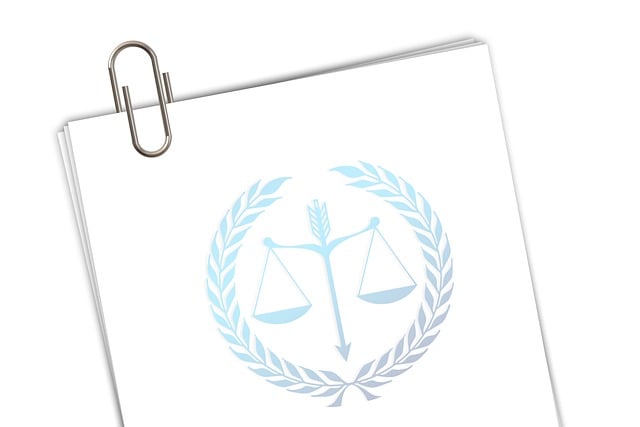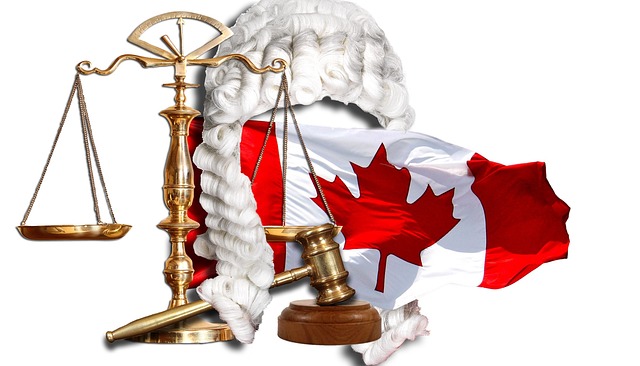Healthcare compliance experts navigate complex regulations to protect patients and data privacy. They use strategic planning, risk assessment, and evidence analysis to ensure adherence to laws like HIPAA and GDPR, mitigating legal risks through proactive gap addressing. Understanding the Role of Evidence in Establishing Criminal Intent is crucial for avoiding legal repercussions and fostering public trust, especially in forensic healthcare investigations.
Healthcare compliance experts play a vital role in navigating complex regulations and mitigating legal risks. In this article, we explore their expertise in managing intricate healthcare laws, focusing on three key aspects: understanding and complying with regulations, implementing evidence-based strategies to minimize legal exposure, and conducting forensic investigations using criminal intent analysis—a crucial element in establishing culpability. By delving into these areas, we highlight the indispensable contribution of compliance professionals to the healthcare industry.
- Navigating Complex Regulations: The Expertise of Compliance Professionals
- Evidence-Based Strategies for Mitigating Legal Risks in Healthcare
- Criminal Intent Analysis: A Key Role in Forensic Healthcare Investigations
Navigating Complex Regulations: The Expertise of Compliance Professionals

Healthcare compliance experts play a pivotal role in navigating the intricate web of regulations that govern the industry. They are the ones who ensure that healthcare organizations adhere to laws and standards, often complex and ever-changing, designed to protect patients, maintain data privacy, and promote ethical practices. These professionals possess a deep understanding of regulatory frameworks, including HIPAA (Health Insurance Portability and Accountability Act) in the US, GDPR (General Data Protection Regulation) globally, and numerous other country-specific laws.
Their expertise extends beyond mere knowledge. Compliance professionals employ strategic planning, risk assessment, and implementation of robust internal controls to safeguard against potential legal pitfalls. One critical aspect they address is the role of evidence in establishing criminal intent, which can be pivotal in avoiding indictment, jury trials, and even a complete dismissal of all charges. By meticulously documenting processes, maintaining comprehensive records, and fostering a culture of compliance within healthcare institutions, these experts help organizations stay ahead of regulatory demands, mitigate risks, and foster an environment of trust and accountability.
Evidence-Based Strategies for Mitigating Legal Risks in Healthcare

In the realm of healthcare compliance, mitigating legal risks is a complex yet imperative task. Evidence-based strategies play a pivotal role in fortifying defenses against potential legal challenges. One of the most powerful tools in a healthcare organization’s arsenal is data analysis—examining patient records, treatment outcomes, and operational procedures can reveal patterns and trends that indicate areas of vulnerability. By leveraging this evidence, organizations can proactively address compliance gaps before they escalate into legal issues. For instance, identifying unusual variations in prescription dispensing rates can lead to investigations into potential drug diversion schemes, thereby safeguarding patients and maintaining the integrity of healthcare practices.
The role of evidence extends beyond internal audits; it is instrumental in establishing or challenging criminal intent during legal proceedings. In white-collar defense cases, an unprecedented track record of robust data management and transparent protocols can serve as a shield against accusations. This is particularly relevant when navigating the intricate web of regulations governing pharmaceutical companies, medical device manufacturers, and healthcare providers. Furthermore, presenting evidence that demonstrates adherence to ethical standards and philanthropic initiatives within the healthcare community can enhance organizations’ reputations and foster trust among political stakeholders, ensuring long-term sustainability and resilience in an ever-changing regulatory landscape.
Criminal Intent Analysis: A Key Role in Forensic Healthcare Investigations

Forensic healthcare investigations require a meticulous approach to uncover truths behind alleged misconduct or crimes within medical settings. One crucial component in this process is Criminal Intent Analysis, which plays a pivotal role in understanding and proving the intent behind suspected malicious acts. Healthcare compliance experts skilled in this analysis are adept at examining evidence to establish whether an individual or entity acted with criminal intent, a critical factor in determining liability.
These experts, across the country, assist their clients by delving into intricate medical records, legal documentation, and other relevant data to interpret behaviors and motivations. Their goal is to provide clear insights that can either avoid indictment or strengthen cases, ensuring justice is served while protecting innocent parties from false accusations. By utilizing their knowledge of both healthcare regulations and criminal law, they navigate complex scenarios, leaving no stone unturned in the pursuit of truth.
Healthcare compliance experts play a vital role in navigating complex regulations and mitigating legal risks. By employing evidence-based strategies, they help organizations avoid costly mistakes and ensure adherence to forensic investigations standards. The intricate knowledge these professionals possess, including the analysis of criminal intent based on evidence, is indispensable for maintaining ethical practices and patient safety in today’s dynamic healthcare landscape.






